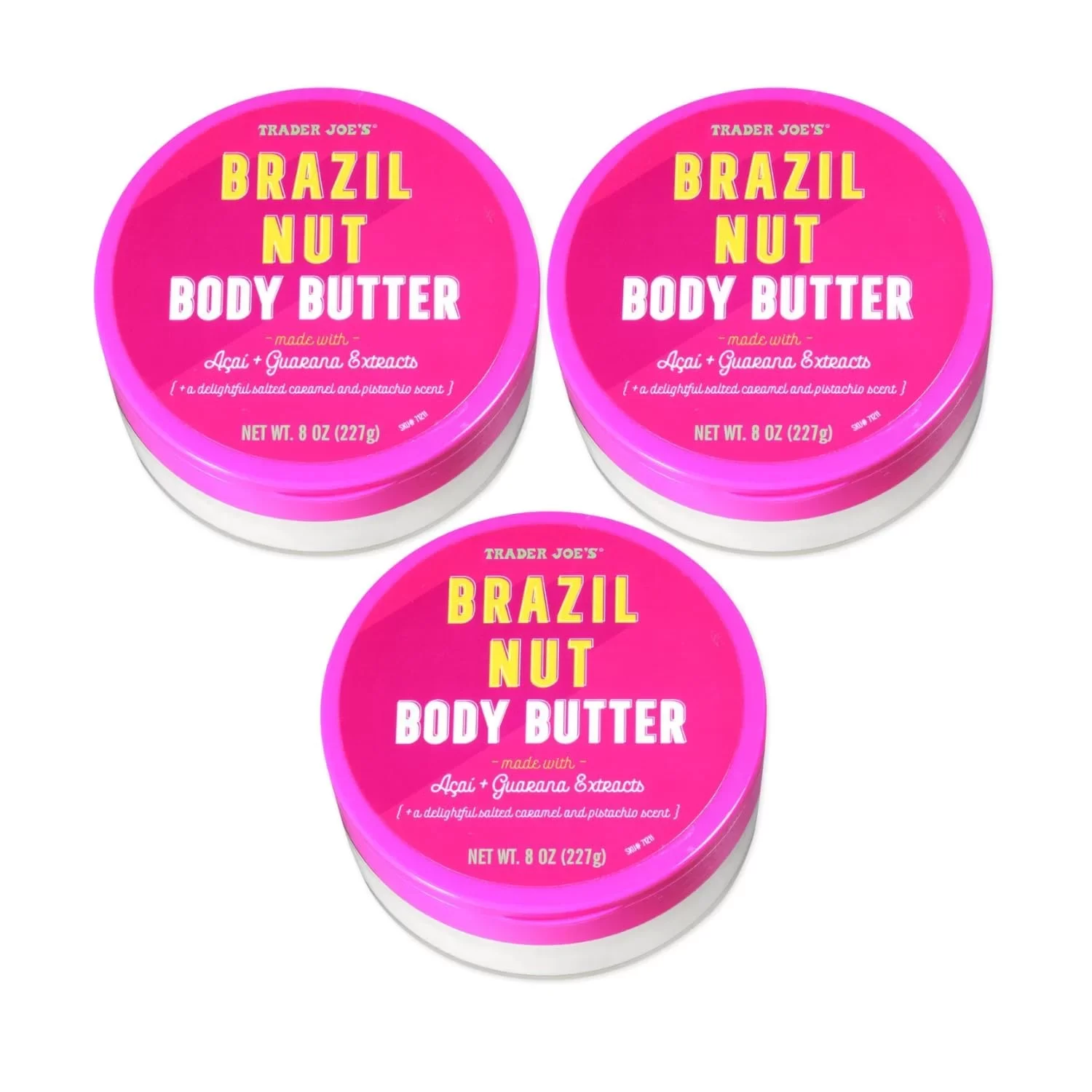
 By
Your Beauty Plug
By
Your Beauty Plug
Manuka honey is a special type of honey that comes from the nectar of the manuka tree, a native plant of New Zealand and Australia. Manuka honey has been used for centuries by the indigenous people of these regions for its healing and medicinal properties. In recent years, scientific research has confirmed that manuka honey has unique antibacterial, anti-inflammatory, antioxidant, and antiviral qualities that make it beneficial for various health and beauty problems. In this post, we will explore some of the common questions and answers about manuka honey and how you can use it to improve your well-being.
All honey has some antibacterial and wound-healing properties, but manuka honey is different from regular honey because it contains a high concentration of a compound called methylglyoxal (MGO). MGO is derived from another compound called dihydroxyacetone (DHA), which is found in the nectar of some manuka flowers. MGO is responsible for giving manuka honey its strong antibacterial and antiviral activity, as well as its distinctive dark color and rich flavor. MGO is measured in milligrams per kilogram of honey, and the higher the MGO rating, the more potent the honey. Manuka honey also has a unique grading system called UMF (Unique Manuka Factor), which indicates the level of MGO and other key markers that ensure the honey’s purity and quality. UMF ranges from 5+ to 25+, and the higher the UMF, the more beneficial the honey.
Eczema is a chronic skin condition that causes inflammation, itching, dryness, and redness of the skin. It can be triggered by various factors, such as allergies, stress, environmental irritants, and infections. Manuka honey can help with eczema by moisturizing the skin, reducing inflammation, fighting bacteria and fungi, and promoting wound healing. To use manuka honey for eczema, you can apply it directly to the affected area, cover it with a bandage or gauze, and leave it overnight. You can also mix it with other natural ingredients, such as coconut oil, aloe vera, or oatmeal, to make a soothing mask or cream. You should use medical-grade manuka honey with a UMF of at least 10+ for best results.
Cold sores are small, painful blisters that appear on or around the lips, caused by the herpes simplex virus (HSV). They can be contagious and recur periodically. Manuka honey can help with cold sores by inhibiting the virus, reducing pain and inflammation, and speeding up the healing process. To use manuka honey for cold sores, you can apply it to the sore as soon as you feel the tingling or burning sensation that indicates an outbreak. You can also apply it several times a day until the sore heals. You should use manuka honey with a high MGO or UMF rating, such as 250+ or 15+, for best results.
A sore throat is a common symptom of various infections, such as the common cold, the flu, or strep throat. It can cause pain, difficulty swallowing, and hoarseness. Manuka honey can help with a sore throat by coating and soothing the throat, killing bacteria and viruses, and boosting the immune system. To use manuka honey for a sore throat, you can take a spoonful of it, dissolve it in a glass of warm water or tea, or suck on a manuka honey lozenge. You should use manuka honey with a moderate MGO or UMF rating, such as 100+ or 10+, for best results.
Acne is a skin condition that occurs when the pores become clogged with oil, dirt, and bacteria, causing inflammation, pimples, and blackheads. It can affect people of all ages and can be influenced by hormones, diet, stress, and genetics. Manuka honey can help with acne and skin care by cleansing the pores, killing bacteria, reducing inflammation, and healing scars. To use manuka honey for acne and skin care, you can apply it as a face mask, a spot treatment, or a facial cleanser. You can also mix it with other natural ingredients, such as lemon juice, turmeric, or cinnamon, to enhance its effects. You should use manuka honey with a low to moderate MGO or UMF rating, such as 30+ or 5+, for best results.
Manuka honey is widely available online and in some health food stores and pharmacies. However, not all manuka honey products are authentic and of high quality. To ensure that you are buying genuine manuka honey, you should look for the following labels and certifications:
The price of manuka honey varies depending on the brand, the MGO or UMF rating, and the size of the product. Generally, the higher the rating, the more expensive the honey. For example, a 250-gram jar of manuka honey with a UMF of 5+ may cost around $15, while a jar of the same size with a UMF of 20+ may cost around $80. However, the price is not the only factor to consider when buying manuka honey. You should also consider the quality, the purity, and the reputation of the brand.
Manuka honey is a natural and versatile product that can help with various health and beauty problems, such as eczema, cold sores, sore throat, acne, and skin care. It has unique antibacterial, anti-inflammatory, antioxidant, and antiviral properties that make it beneficial for the skin, the throat, and the immune system. However, not all manuka honey products are the same. You should look for the MGO or UMF rating, the New Zealand origin, and the independent testing labels to ensure that you are buying genuine and high-quality manuka honey. You should also use the appropriate strength and amount of manuka honey for your specific problem and consult your doctor before using it if you have any medical conditions or allergies. Manuka honey is a sweet solution for various health and beauty problems, but it is not a substitute for professional medical advice and treatment.




